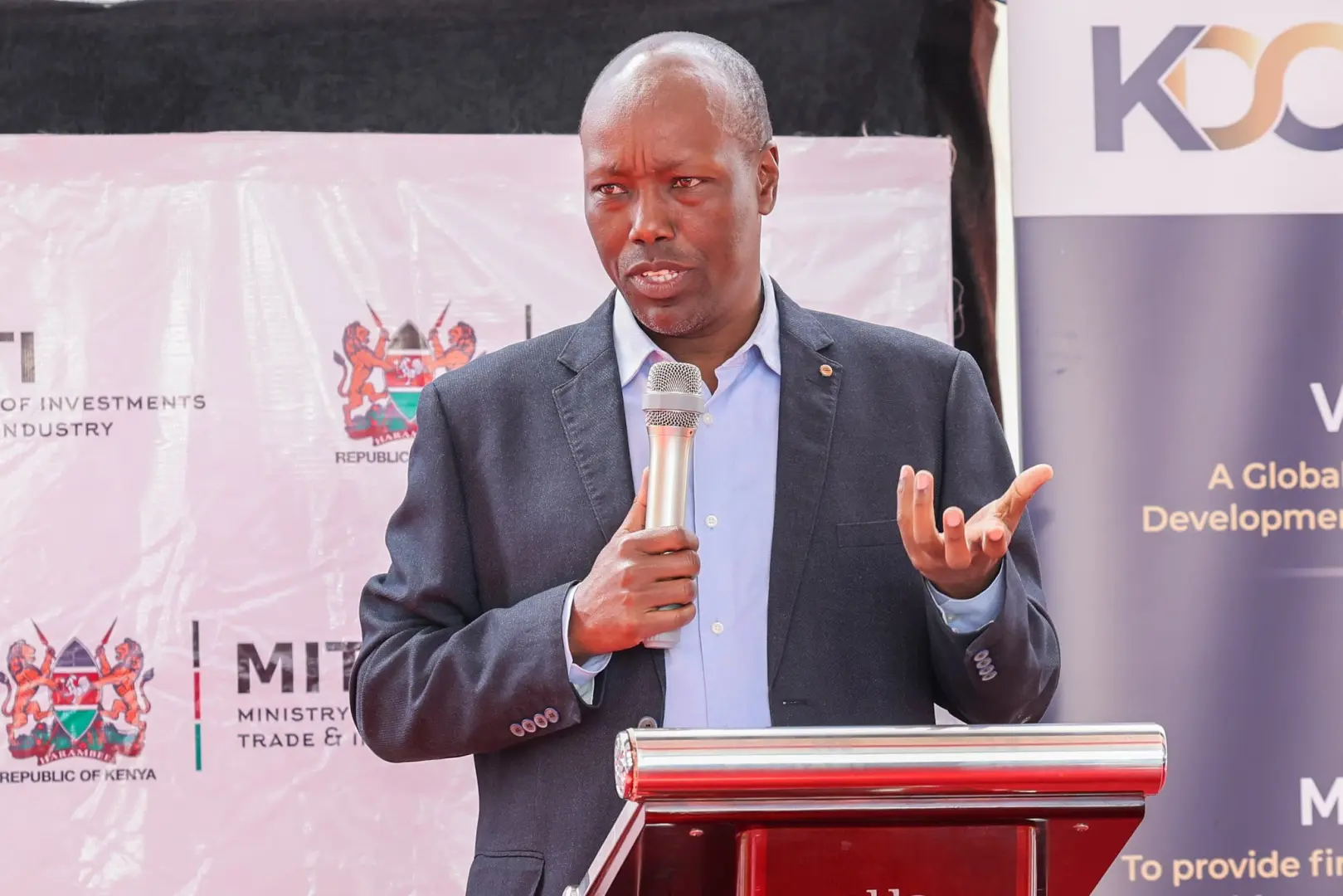
Kenya’s economic future faces a major test as the African Growth and Opportunity Act (AGOA) is set to expire on September 30, threatening the duty-free trade arrangement that has been the backbone of the country’s apparel exports to the United States.
The deal has anchored billions of shillings in investment, sustained 66,000 direct apparel jobs, and supported nearly 660,000 Kenyans who rely on the sector for their livelihoods. Analysts warn that without AGOA, Kenya would lose its competitive edge to countries such as Bangladesh, Vietnam, and Egypt.
Trade Minister Lee Kinyanjui has been dispatched to Washington in a last-ditch effort to lobby for an extension. “Kenya cannot afford a disruption to this vital trade arrangement,” he said before departing. “We are making a strong case for renewal, but we also recognise the urgency of preparing alternatives.”
If AGOA is not renewed, experts say Kenya must pivot quickly towards a Kenya–US Free Trade Agreement (FTA), which could give investors the predictability they demand. “A bilateral FTA would secure Kenya’s place in global supply chains,” said a senior official in the Ministry of Trade.
In the short term, the government is considering a mitigation package to cushion factories and workers against tariff shocks. “We must protect jobs and sustain production during this period of uncertainty,” the official said.
Beyond textiles, economists argue that Kenya should seize the moment to diversify exports. Agricultural products such as macadamia nuts, avocados, and cut flowers — which enjoy growing demand in the US — could offer fresh opportunities. “With the right policies, this challenge could become Kenya’s industrial and agricultural turning point,” said Nairobi-based economist David Mwangi.
The stakes are high, as the US remains the world’s largest consumer market. With just weeks left before AGOA expires, Kenya’s strategy now hinges on a mix of aggressive diplomacy, swift mitigation, and long-term diversification.
Boluwatife Enome



